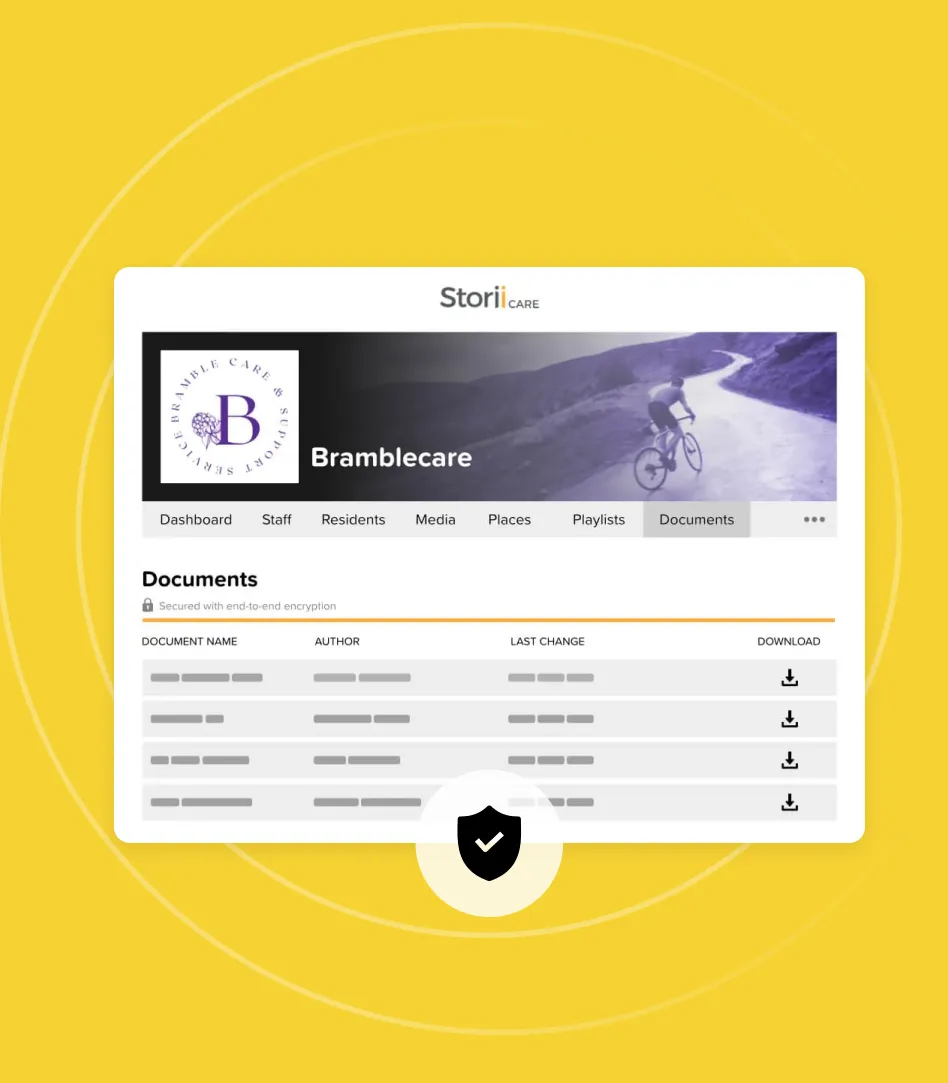Reminiscence therapy—also known as reminiscence work, reminiscence practice, reminiscence method, or reminiscence approach—is an approach to mental health treatment in which patients are encouraged to discuss, recall, and re-experience pleasant and meaningful memories from their pasts. In many cases, this involves sharing stories with other patients or caregivers in a group setting. Though it’s called therapy, it can be equally valuable as a simple way to foster happiness and contentment among the elderly in nursing homes or assisted living facilities.
The definition of reminiscence therapy
Reminiscence therapy is a type of psychological therapy that encourages patients to recall and reflect on past experiences to promote healing and well-being. The therapy can be used to address a wide range of issues, including depression, anxiety, trauma, and grief.
The purpose of reminiscence therapy for seniors
Reminiscence therapy is a type of therapy that uses sensory stimulation to trigger memories in people with dementia. The goal is to help the person connect with their past and improve their quality of life. They do this by encouraging storytelling, reminiscing about happy times, sharing family stories, playing music, or looking at old photos.
How can we use this therapy to our advantage in today's world?
One way to do reminiscence therapy is by using Storii or Storiicare. Choosing from over 1000 life story questions, your seniors stay connected and engaged by retelling and remembering simple and important milestones in their life. It prompts memories, engages the senses, and even creates an interactive story to share with loved ones. Through this type of therapy, it can help keep our elders independent as they age and work through traumatic experiences that might otherwise become forgotten.
Plus, Storiicare has advantages for caregivers. It easily keeps loved ones informed and up to date about their personalized care, shares insights with their activities and schedule, empowers teamwork between staff, and saves time by using a digital system.
Tips on how we can encourage our loved ones who suffer from dementia with this therapy
The theory is that by engaging in nostalgic conversations, patients will be better able to access positive emotions and memories, which can help offset some of the negative symptoms associated with dementia. Here are a few tips on how you can encourage your loved ones to participate in reminiscence therapy:
- Ask them about their past- What was it like growing up?
- Tell them about something that happened recently- What do you think of this new restaurant we went to?
- Find objects from their past- What did this old sweater remind you of?
- Let them reminisce on a particular topic they enjoy talking about- Have you ever told me what your favorite animal is?
- Play music that they enjoyed while they were younger- Want to listen to an old Beatles album together?
- Bring out photographs or videos of when they were younger- Do you remember when we had the first snowfall last year?
- Visit places where there were happy moments in their past- We could go back to our old high school together!


.avif)

.png)
.png)
.png)










